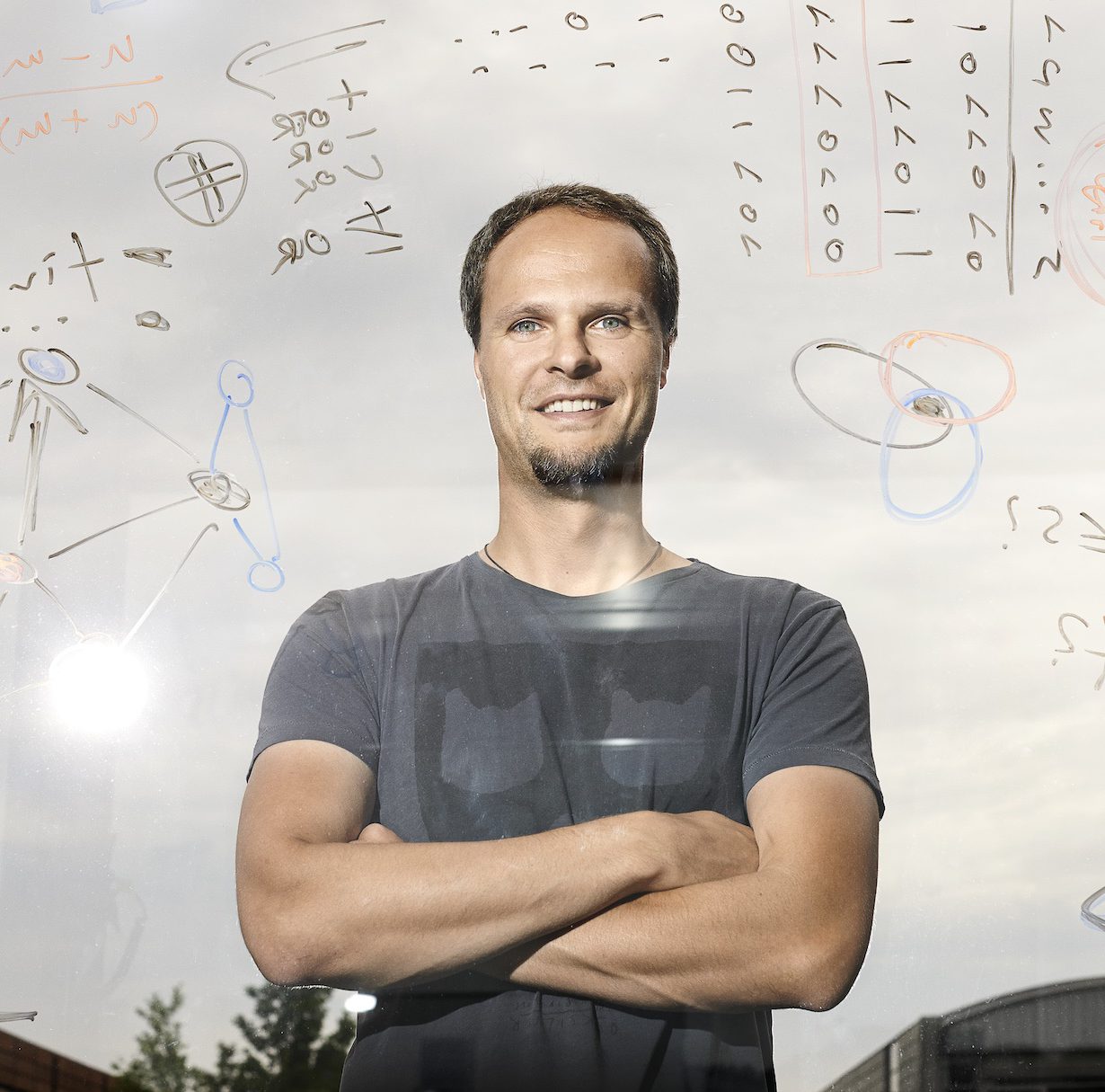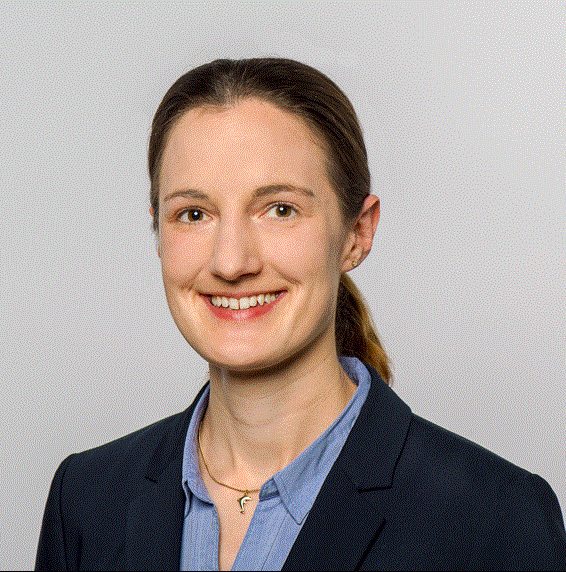Team leader

Prof Dr Jan Baumbach
FeatureCloud Scientific Coordinator
Team staff






Institute presentation
University of Hamburg is the largest research and educational institution in Northern Germany and one of the largest German Universities with currently more than 40.000 students and more than 650 professors. Located in the heart of the City of Hamburg, it offers an excellent infrastructure. University of Hamburg provides a broad disciplinary spectrum in the following eight faculties: Faculty of Law; Faculty of Business; Faculty of Economics and Social Sciences; Faculty of Medicine; Faculty of Education, Faculty of Psychology and Human Movement; Faculty of Humanities and Faculty of Mathematics, Informatics and Natural Sciences. Scientists from University of Hamburg are involved in more than 170 projects funded by the EU. The University of Hamburg (UHAM) will coordinate the project in WP1 with the support of in-house finance staff, a scientific project manager and support from partner 7 (concentris research management GmbH). Prof. Baumbach and his team will lead WP7 and develop the integrative umbrella for the informatics tools designed in WPs 4-6 and act as interface and feedback platform for WP7 and WP8.
Prof. Dr. Jan Baumbach chairs the Computational Systems Biology department within the host institute Faculty of Mathematics, Informatics and Natural Sciences (MIN). Key research and development areas of his laboratory are
- Hosting platforms for combined analyses of molecular networks, diverse omics data, high-throughput data, and patient records (e.g. HitSeekR, pathclass, KeyPathwayMiner, COnVaQ, DiMmer) as open source solutions
- Investigating the molecular mechanisms driving complex diseases using artificial intelligence (AI) methodology and combinatorial optimization
- Computational methods for Systems and Network Medicine, in particular for de novo endophenotyping, mechanotyping and redefinition of diseases by classifying their mechanistic causes rather than relying on symptoms
- Developing bioinformatics tools for the statistical processing of omics raw data, pattern recognition, and biomarker extraction
